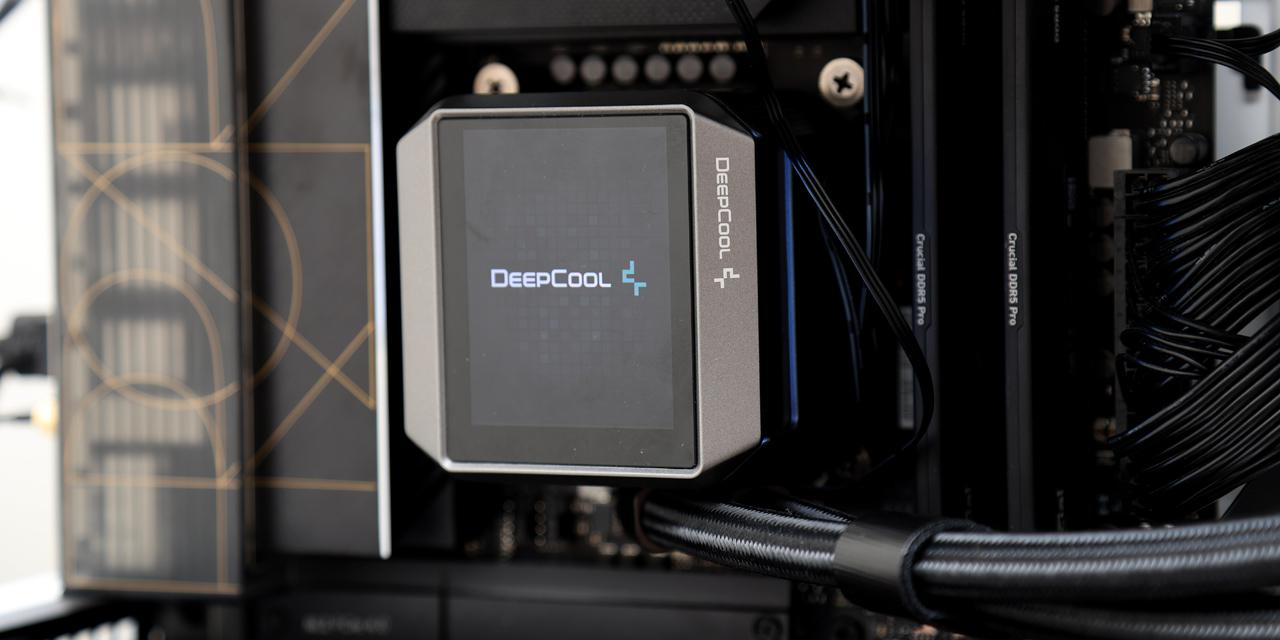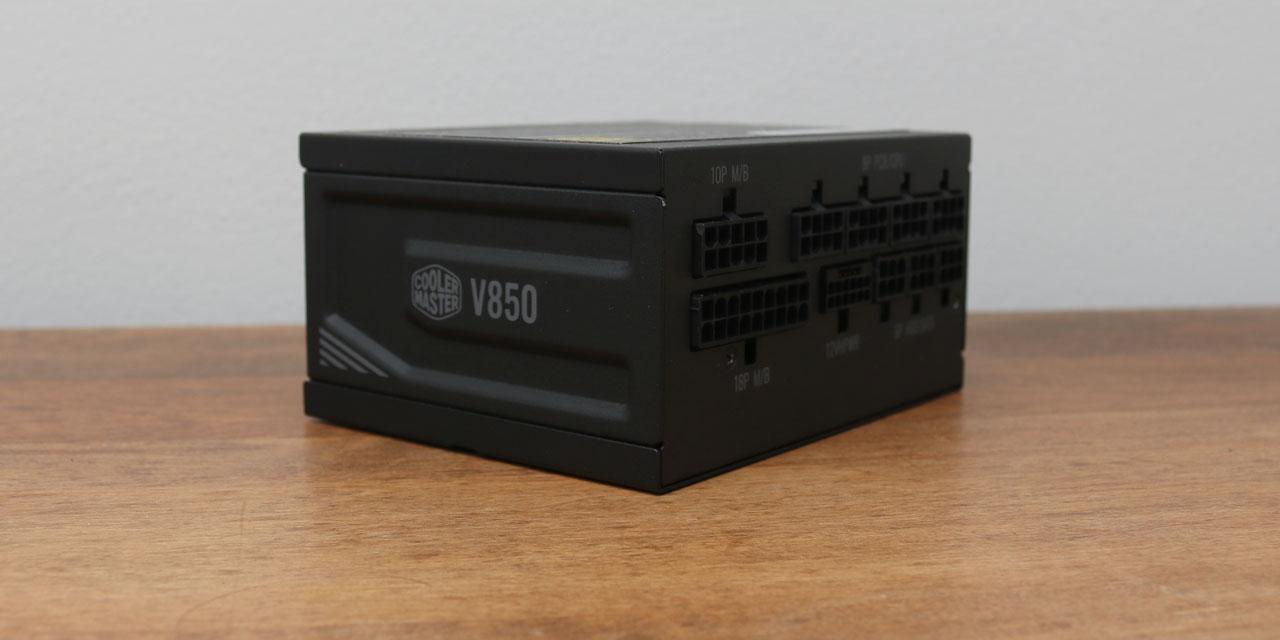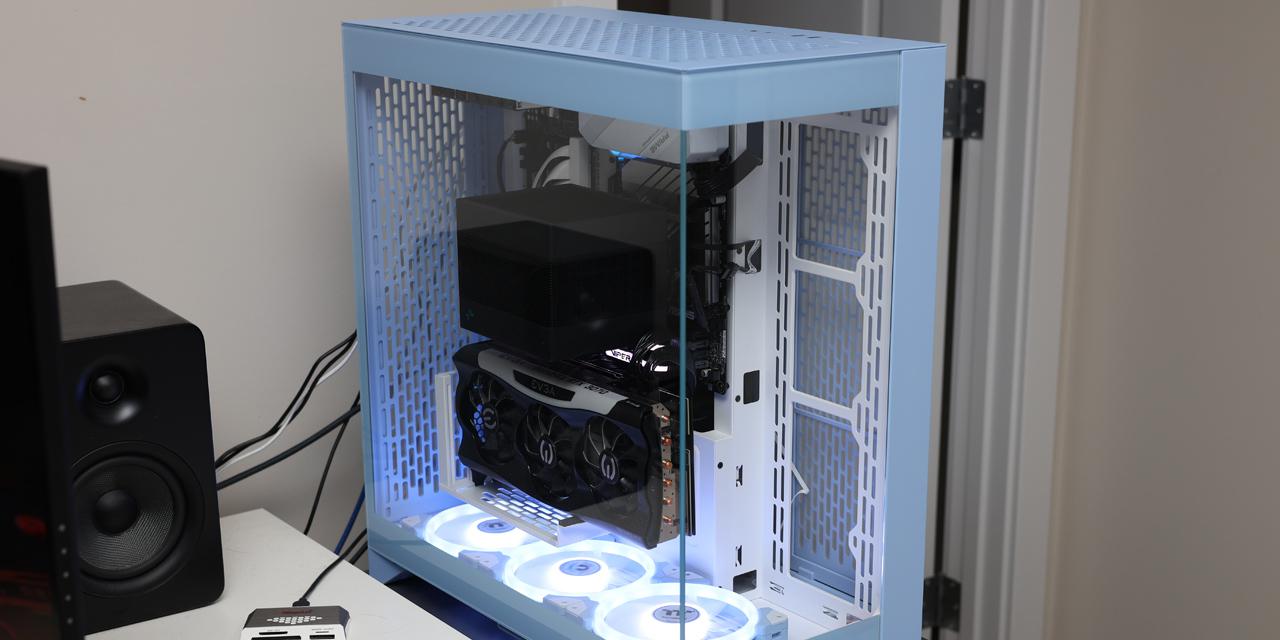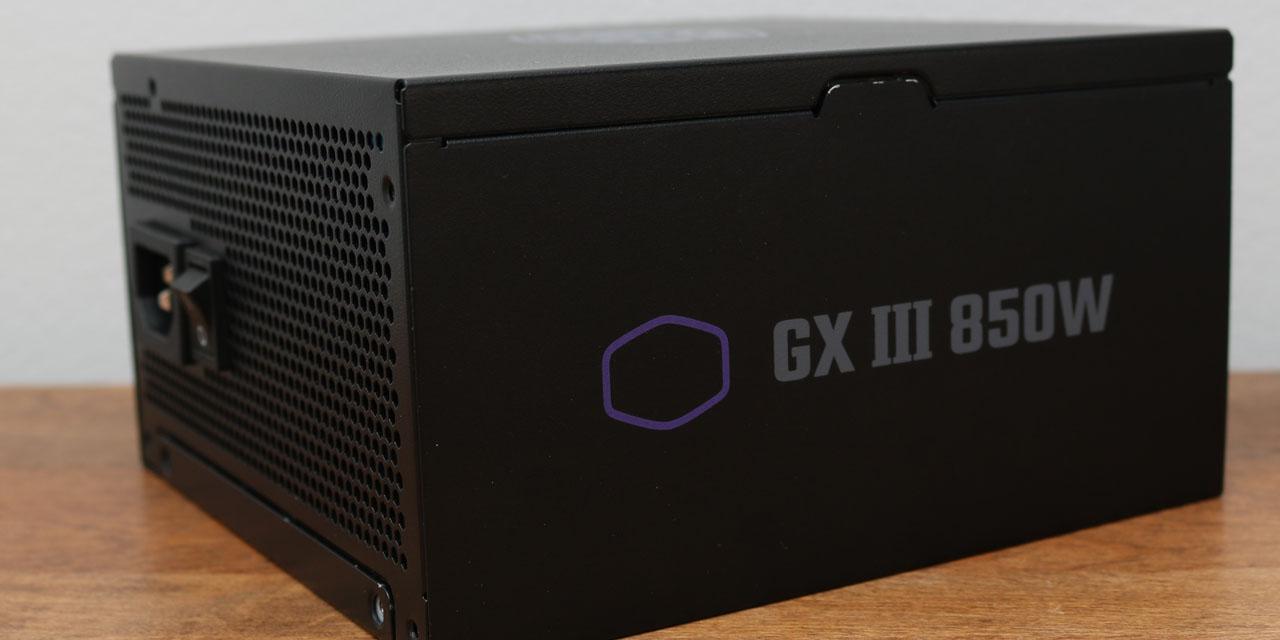|
From X-bit Labs: Intel Corp.’s next-generation Core i7 Extreme processor code-named Ivy Bridge-E has clearly become one of the most mysterious microprocessor ever. Due to lack of direct competitors, Intel retains maximum flexibility not over release schedule of the chip, but also over its final specifications. As it appears, for certain undisclosed reasons Intel recently decided to delay the launch of the next Core i7 Extreme to Q4 2013. Instead of launching its new high-end desktop (HEDT) platform based on the Core i7 “Ivy Bridge-E” microprocessors in the third quarter, as indicated in the previous roadmaps, the world’s largest chipmaker decided to delay the release by one quarter, according to a report from Fudzilla web-site. As a result, the all-new LGA2011 platform with brand-new processors and mainboards will hit the market only in the fourth quarter of the year, in time for holiday season. The reasons for the delay are not completely clear. Fudzilla claims that Intel wants to align the release of the new enthusiast-oriented Core i7 processors and server-oriented Xeon processors powered by the Ivy Bridge-E and Ivy Bridge-EP designs, but that seems rather doubtful as the positioning of the products is completely different. The new Ivy Bridge-E/EP design, which is set to emerge later this year and to power various microprocessor products, will physically have twelve cores and 30MB level-three cache, up significantly from eight cores and 20MB L3 cache inside Sandy Bridge-E/EP. The Ivy Bridge-E variation of the chip will be the base for high-end enthusiast-class Core Extreme processors as well as workstation-class Xeon chips, whereas the Ivy Bridge-EP will be used for Xeon chips for dual-socket severs. It is expected that Ivy Bridge-E-based central processing units will have eight or ten cores (thus will have two cores disabled) as well as high clock-speeds to provide decent performance in workstation applications as well as video games. The Ivy Bridge-EP is projected to come with all cores enabled and therefore will feature up to twelve cores. The new chips will be made using 22nm process technology and will have up to 150W thermal design power. The new processors will retain LGA2011 packaging. View: Article @ Source Site |
 |
Intel Delays Next-Generation Core i7 Extreme Ivy Bridge-E Chip
© Since 2005 APH Networks Inc. All trademarks mentioned are the property of their respective owners.





